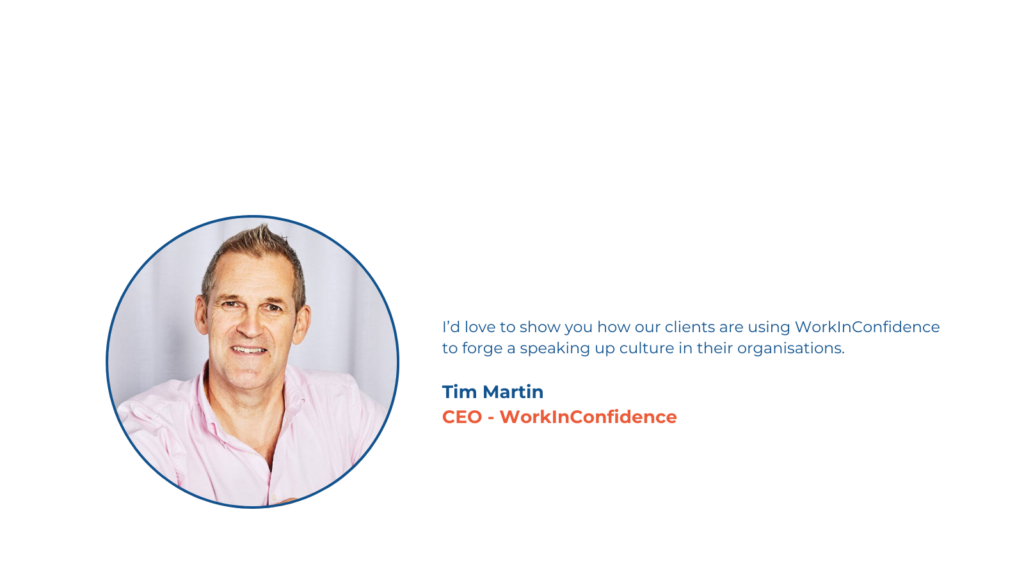
Mental health awareness
In today’s fast-paced and competitive business world, the focus is often on productivity, profit margins and growth. However, what can, and often does get overlooked is the mental health and wellbeing of employees.
Ignoring this aspect can have significant repercussions, not just for the individuals involved but also for their organisations. The cost to the UK economy of mental health challenges, is estimated to be £340bn every year in lost training and recruitment costs, sick days, productivity, creativity and innovation.
In this article, we’ll explore why employers should prioritise the employee mental health, the costs associated with neglecting it and key recommendations for creating a supportive environment where mental health issues can be openly addressed.
The importance of prioritising employee mental health
Employees are the backbone of any organisation. Their productivity, creativity, and overall performance are directly influenced by their mental well-being.
Employees who are mentally healthy are proven to be more engaged, focused, and motivated to perform their best. They can concentrate better, potentially make more effective decisions, and contribute more to the organisation’s goals resulting in enhanced productivity.
Deloitte’s Women at Work 2024: A Global Outlook report highlights 48% of women in the study stating that they are concerned or very concerned about their mental health, along with half of women expressing their stress levels are higher compared to a year ago, organisations need to move beyond generic wellness initiatives.
Mental Health is a potential financial tsunami, forecast to cost a staggering $6 trillion in global expenditures by 2030, according to a joint study by the World Economic Forum and the Harvard School of Public Health.
The report also highlighted a continuing trend of women feeling uncomfortable discussing their mental health at work or disclosing it as a reason for taking time off, in part driven by a fear of negative career impact or vulnerability to being laid off.
Mental health issues can lead to increased absenteeism as employees take time off to address health issues. Employees who are struggling and come in to work i.e physically present, may not be able to perform at their best, resulting in presenteeism. Prioritising mental health can help reduce both absenteeism and presenteeism, saving the company valuable time and resources.
An organisation that prioritises mental health creates a supportive and inclusive environment where employees feel valued and cared for. This, in turn, fosters loyalty and commitment, leading to higher employee retention rates.
The costs of neglecting mental health awareness
Ignoring the mental health of employees can have serious financial implications for businesses.
Employees experiencing poor mental health may choose to leave their jobs in search of a more supportive work environment, resulting in high turnover rates. Recruiting and training new employees to replace those who leave can be costly for organisations.
Creating a workplace culture that prioritises mental health requires a proactive approach and ongoing commitment from organisations. Here are our key recommendations to getting this right:
Understanding your people better
One of the keys to helping foster better mental health is to understand your people better:
- Do they feel in the right place?
- Is the workload manageable?
- Have you undertaken the right training and development?
- Do they have the right tools for success?
- Do they have the right support from colleagues and the organisation?
- Can your employees safely and easily raise things if they don’t?
- Do different groups have different challenges?
Key Recommendations
- Regularly conduct employee engagement surveys to gauge the overall health and wellbeing of your employees. These surveys will delivery key insights and help you identify areas for improvement and measure progress over time.
- Offer mental health support resources such as counselling services, workshops and stress management and resilience building. Promote open dialogue by encouraging people to talk about mental health issues, organise awareness campaigns and training sessions.
- Create a supportive environment where employees feel comfortable discussing mental health challenges without stigma or judgement.
- The reluctance of individuals to raise concerns about mental health will always be a barrier to speaking up due to perceived stigma’s surrounding mental health. Provide employees with anonymous two-way reporting channels where they can raise concerns about their mental health or report instances of harassment, discrimination, or workplace bullying without fear of reprisal.
- And, finally, lead by example where you foster a work-life balance by encouraging managers and leaders to prioritise their own mental health and wellbeing. Lead by example, take walk breaks, set boundaries, and practice self-care.
Sound business decisions!
Employee mental health is not just a moral imperative, but also a sound business decision. By investing in the wellbeing of your employees, you’re not only creating a healthier and happier workplace. You are positioning your organisation to reap the benefits of increased productivity, reduced staff churn, and overall performance improvements. Finally, you are doing the right thing for your people as an organisation.
It’s time for employers to recognise the importance of mental health and take proactive steps to support their employee’s wellbeing.
Get in touch for a demo on WorkInConfidence employee engagement solutions and see what the benefits and difference you can make for your people and your organisation.

How WorkInConfidence can help
WorkInConfidence help hundreds of organisations through anonymous speak up, a two-way, encrypted reporting platform. Users are always anonymous unless they choose to reveal their identity. Cases are easily managed in HR Case Management where real-time reporting and visual dashboards give an overview of any underlying issues. Employee Engagement Surveys can be easily accessed, from pulse surveys to full engagement surveys created from built in templates or customised to your organisational needs.
Get in touch for a full demonstration to see for yourself how easy our solutions are to use and implement.
Some of our client testimonials
“It’s a great system, quick and easy to implement and extremely cost effective, which I was surprised by. The user experience is simplistic and very clear which I believe helps when people may be experiencing high levels of anxiety.
Things don’t change overnight. It takes continual promotion and awareness – however, we do believe that many people have come forward with concerns which might not have been raised if we didn’t have an anonymous channel to report them on” Liz Bessant, Freedom to Speak Up Guardian, Avon & Wiltshire Mental Health Partnership Trust and Chair for the South West Guardians network.
